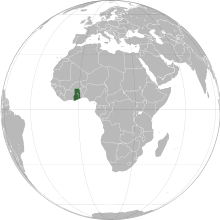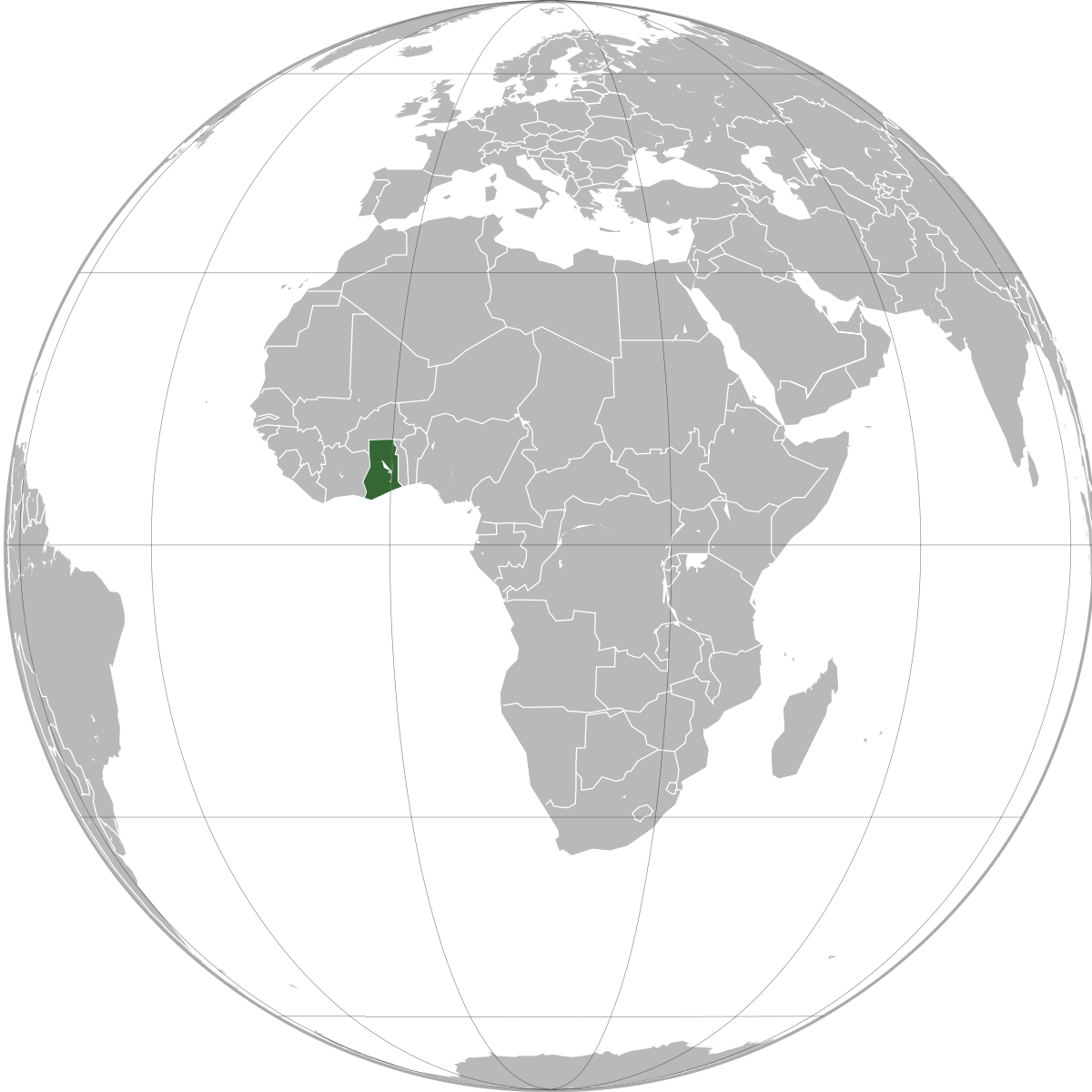“
Polytechnics: Fostering Indigenous Inclusion and Expanding STEM Opportunities
Polytechnics play a crucial role in providing education and training that prepares individuals for in-demand careers in various industries. These institutions have created departments and programs that are specifically concerned with fostering indigenous inclusion and expanding opportunities in STEM fields. With a focus on critical thinking and communication skills, polytechnics aim to equip students with the knowledge and skills necessary to succeed in the modern workforce.
One of the key initiatives in promoting indigenous inclusion is the creation of a searchable database showcasing the numerous indigenous nations and their contributions to various fields. This database serves as a valuable resource for researchers, educators, and students, highlighting the rich cultural heritage and knowledge of indigenous communities. By recognizing and celebrating indigenous contributions, polytechnics aim to create a more inclusive and diverse learning environment.
Polytechnics also collaborate with organizations such as the Telonicher Marine Laboratory to expand in-demand STEM opportunities. Through partnerships with industry leaders, students have access to state-of-the-art facilities and hands-on learning experiences. This collaboration not only enhances the learning experience but also exposes students to real-world applications of their studies.
Supporting Indigenous Inclusion: Challenges and Opportunities
While polytechnics are committed to supporting indigenous inclusion, there are challenges that need to be addressed. One of the weaknesses determined is the viability of lowering debt financing for indigenous students. Financial assistance awards and scholarships are available, but there is a need for more support to ensure that indigenous students have equal access to education.
Another challenge is the recruitment process. To ensure a diverse student body, recruitment efforts need to begin earlier and target individuals from indigenous communities. By actively reaching out to these communities, polytechnics can attract a more diverse group of students who bring unique perspectives and experiences to the classroom.
Institutional priorities need to be aligned with supporting indigenous inclusion. This includes providing living spaces that are culturally sensitive and accommodating to the needs of indigenous students. It also involves offering traineeship programs conducted in collaboration with indigenous communities, allowing students to gain practical experience while working on projects that directly impact these communities.
Polytechnics: A Pathway to Success
Polytechnics offer a range of programs and courses that cater to the diverse interests and career aspirations of students. From engineering and technology to business and healthcare, these institutions provide an exceptionally broad range of options for students to choose from.
For those interested in pursuing post-graduate degrees, polytechnics offer opportunities to earn doctoral degrees in various fields. This allows students to further specialize in their chosen area of study and contribute to cutting-edge research and innovation.
Polytechnics also play a crucial role in addressing social justice issues and promoting climate change resiliency. By offering academic programming that focuses on these areas, polytechnics prepare students to become agents of change in their communities. Through interdisciplinary collaboration and risk-taking, students are encouraged to think critically and develop innovative solutions to pressing societal challenges.
For up-to-date information on polytechnics and their courses, it is recommended to visit official secure websites. These websites provide detailed information on admission requirements, fees, and available financial assistance schemes. Additionally, they offer resources for prospective students to explore the various programs and opportunities offered by polytechnics.
In conclusion, polytechnics play a vital role in providing education and training that prepares individuals for successful careers. By fostering indigenous inclusion, expanding STEM opportunities, and addressing social justice issues, polytechnics contribute to the development of a globally competitive country. Through their commitment to diversity, innovation, and hands-on learning experiences, polytechnics are shaping the talent pipeline and preparing students for the challenges of the 21st century.
“





